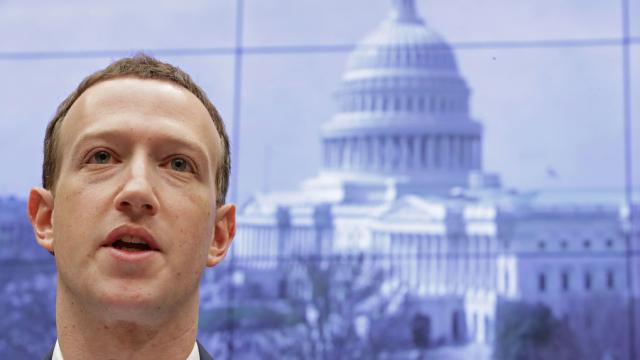Internal Facebook documents published today by the British Parliament give us more insight than ever into the mind of the largest social platform’s CEO. Among those revelations: Zuckerberg’s cavalier attitude towards the possibility of data leaks.
The circumstances by which the parliament obtained these documents from U.S. software firm Six4Three were extraordinary, but so too is the hubris revealed by the emails contained in the cache.
“I’m generally sceptical that there is as much data leak strategic risk as you think,” Zuckerberg wrote in a 2012 email to Sam Lessin, the company’s former VP of Project Management, “I agree there is clear risk on the advertiser side, but I haven’t figured out how that connects to the rest of the platform. I think we leak info to developers, but I just can’t think if any instances where that data has leaked from developer to developer and caused a real issue for us. Do you have examples of this?”
That example would come some time later, in the form of the Cambridge Analytica scandal, where a Facebook app developer improperly shared the data of around 87 million users with the shady, now-defunct data firm that played a role in the 2016 presidential election.
In September, Facebook announced yet another yet another breach, affecting an estimated 50 million, connected to the platform’s “View As” feature.
And we’re supposed to believe the tech industry is run by our world’s best and brightest.
Other revelations in this batch of confidential information include Facebook engaging in reciprocal data sharing — potentially without user knowledge — and shutting off Vine’s access to Facebook’s API, potentially kneecapping the much-beloved video service run by competitor Twitter.
What could possibly be worth the risk of an unscrupulous developer making improper use of user data and bringing shame on the house of Zuck? It’s all part of the virtuous cycle, as Mark explained later the same month:
I’ve been thinking about platform business model a lot this weekend. […] [I]f we make it so devs can generate revenue for us in different ways, then it makes it more acceptable for us to charge them quite a bit more for using platform. The basic idea is that any other revenue you generate for us earns you a credit towards whatever fees you own us for using platform. For most developers this would probably cover cost completely. So instead of every paying us directly, they’d just use our payments or ads products.
A basic model could be:
Login with Facebook is always free
Pushing content to Facebook is always free
Reading anything, including friends, costs a lot of money. Perhaps on the order of$0.10/user each year.
For the money that you owe, you can cover it in any of the following ways:
Buys ads from us in neko or another system
Run our ads in your app or website (canvas apps already do this)
Use our payments
Sell your items in our Karma store.
Or if the revenue we get from those doesn’t add up to more that the fees you owe us, then you just pay us the fee directly.
Responding to a request for comment, a Facebook spokesperson told Gizmodo that “the documents Six4Three gathered for their baseless case are only part of the story and are presented in a way that is very misleading without additional context.”
“We stand by the platform changes we made in 2015 to stop a person from sharing their friends’ data with developers,” the spokesperson added. “Like any business, we had many of internal conversations about the various ways we could build a sustainable business model for our platform. But the facts are clear: we’ve never sold people’s data.”
We also asked Facebook if the reciprocal system was ever put in place and if it’s still active currently. We’ll update when we hear back.
Read the full document below:
